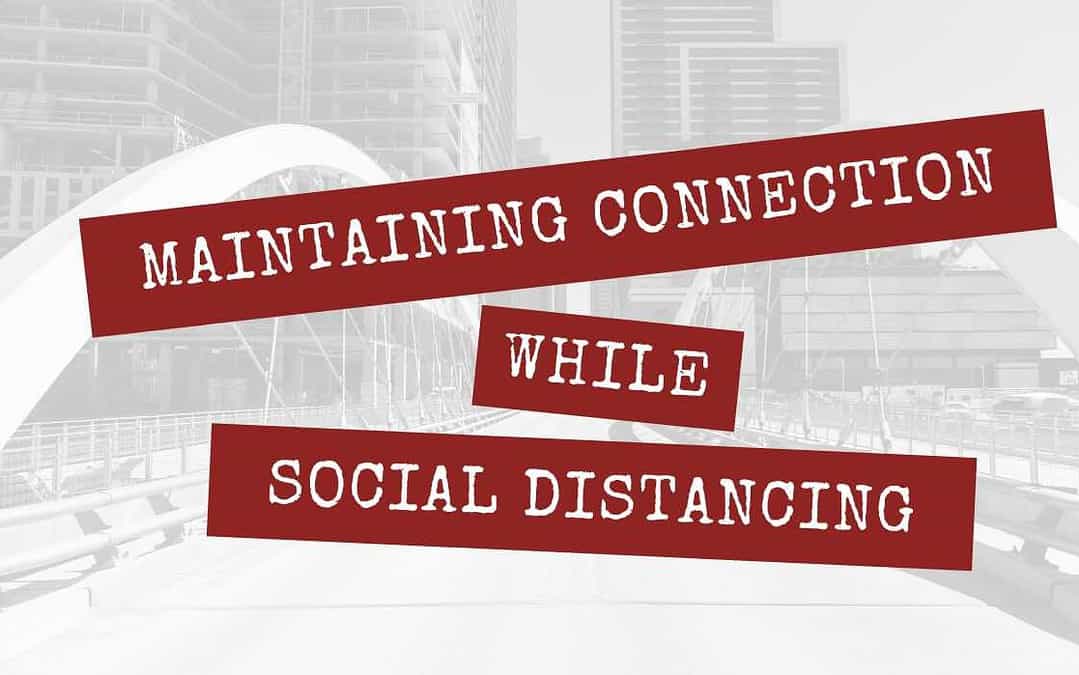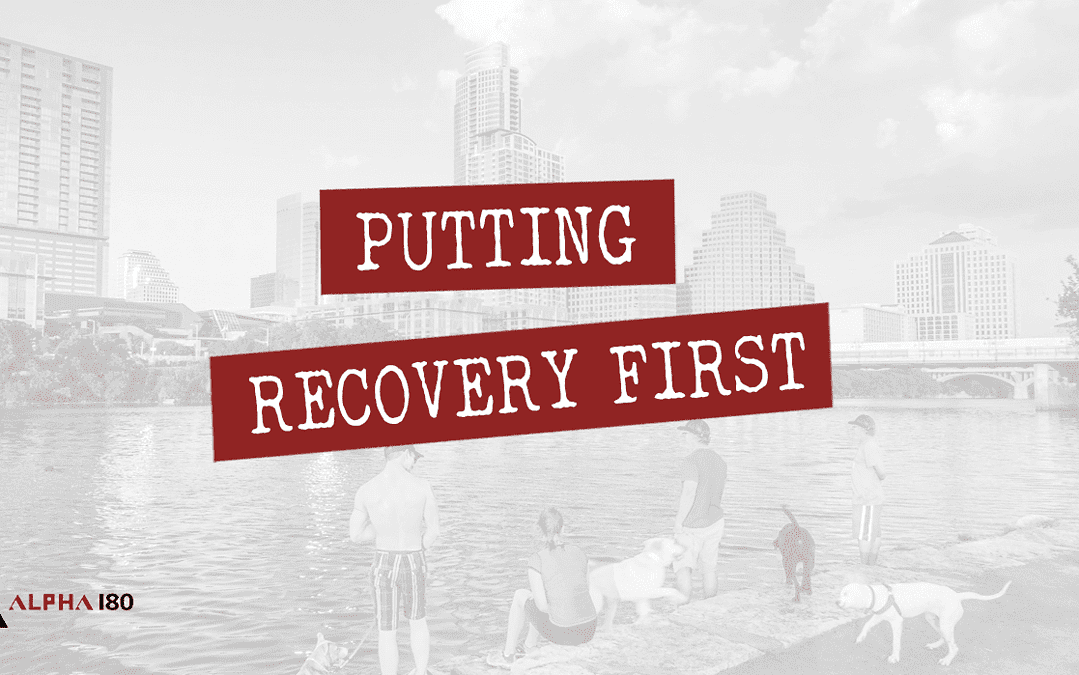The holidays can be a stressful time for people in recovery; though with proper preparation and support, they can be profound times of healing, connection, and fellowship. Early recovery is a tumultuous period for most people. It contains many stressful events and episodes of growth and learning. Adding the stress of the holidays to the fragile nature of early recovery can be a dangerous situation. Emotions can run high. Many newcomers will be experiencing the holidays sober for the first time in many years and can be confronted with the reality of broken or damaged relationships, substance using relatives, and unrealistic expectations – both of the individual in recovery and their family.
Despite this, the holidays can be incredibly meaningful for newcomers and their families. People tend to be more reflective and authentic during the holiday season. This can lend itself to creating powerful experiences of healing and connection when handled well. The first step to navigating the holidays successfully is to take a look at your expectations for the upcoming events. Ask yourself if they are reasonable and realistic, and determine how much your serenity is tied to those expectations. Having some expectations is inevitable, but as expectations can easily lead to resentment and conflict, they must be reigned in sufficiently. Consider what your expectations are and envision how you would feel if things happened differently. Being flexible and realistic with one’s expectations is key.
Having appropriate boundaries is critical to successfully navigating the holidays. This takes planning ahead of time and often involves seeking feedback from others. Come up with what your limits are for the upcoming holiday activities. It is perfectly acceptable to not be okay with having family members and friends drink or use around us. However, since we cannot control the actions of others, having a boundary in that situation would most likely look like you removing yourself from those situations and leaving others to do what they will. Once you have identified your boundaries it can be helpful to discuss them with others and seek feedback. Sometimes our boundaries can be overly rigid or not rigid enough, other times they might be completely unrealistic or outside of our control.
Lastly having an authentic conversation with our family members about our expectations and boundaries, allowing space for them to express their expectations and boundaries as well, can be helpful. This can allow a family to get on the same page and prevent potential conflicts due to differing expectations.
Though every situation is unique, and guidance should always be sought from one’s support system, adding these suggestions, on top of one’s typical recovery routine, can help turn a stressful experience into one of growth and healing.
By: Austin Herrmann | Residential & Case Manager






